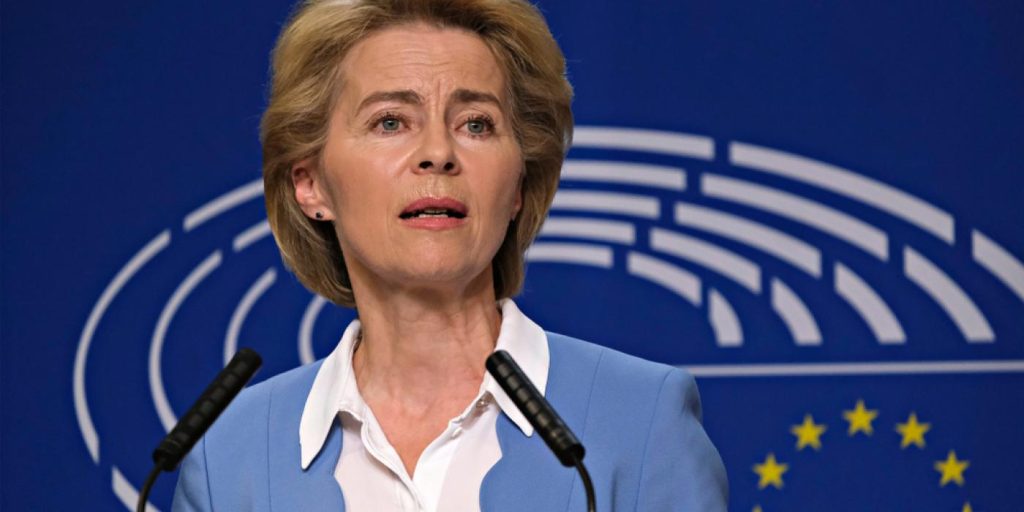Ursula von der Leyen condemns Iran’s attacks on Israel.
Others are reading now
Early Sunday morning, EU Commission President Ursula von der Leyen took to social media to express her strong condemnation of Iran’s attacks on Israel, marking a significant international response to the escalating conflict.
A Firm Stance Against Aggression
In her post on X, previously known as Twitter, von der Leyen described the Iranian actions as “blatant and reckless.”
This statement came following reports from Iran’s Revolutionary Guard that drones and missiles had been directed at Israel as retaliation for an alleged Israeli assault on an Iranian consulate in Syria.
Also read
“The use of drones and missiles against Israeli territories must stop immediately,” von der Leyen wrote, urging Iran and its proxies to halt further provocations and work towards restoring stability in the region.
The backdrop to von der Leyen’s denouncement involves a series of distressing events.
According to CBS News, sirens began wailing across various regions in Israel around 2:00 AM local time, signaling incoming aerial threats. Israel’s military later confirmed that over 300 drones and missiles had been launched, with Reuters reporting that 99 percent were successfully intercepted.
Casualties and Further Developments
The immediate human toll included injuries to at least one child and damage to a military base in southern Israel, although detailed information about additional casualties or infrastructure damage has yet to emerge.
Following the attacks, Israel’s military has been assessing further responses while maintaining operational readiness.
Adding complexity to the situation, security firm Ambrey, as reported by AFP, disclosed that drones had also been dispatched from Yemen towards Israel, in an operation coordinated with Iran. This involvement by the Houthi movement aligns with Iran’s broader regional influence and complicates the geopolitical landscape.



